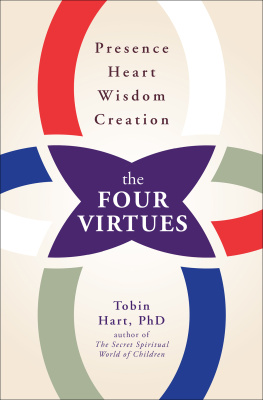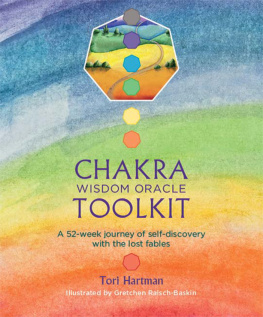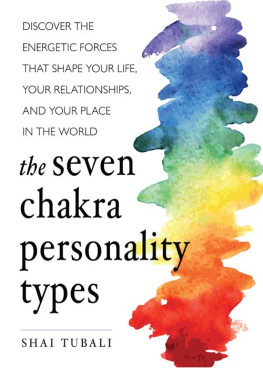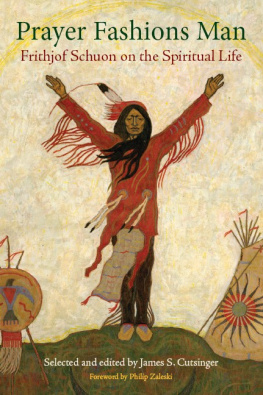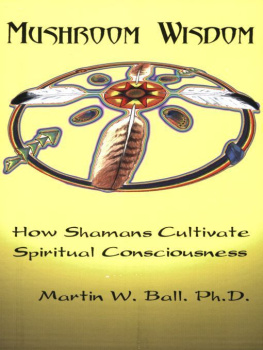Table of Contents
The T en K eys of
W isdom
by
Ray del Sole
The T en K eys of
W isdom
ISBN 978-1-4461-2778-0
Copyright by Ray del Sole , 2010
All rights reserved including the right to reproduce this work in any form whats o ever, without permission in writing from the author, except for brief passages in connection with a review.
Art work: Copyright by Ray del Sole , 2010
Front cover: Photo: rainer.pollux , Toth -Relief , CC- Lizenz (BY 2.0)
Back cover: Photo: Bonsai, Nur ein Sonnenuntergang , CC- Lizenz (BY 2.0)
http://creativecommons.org/licenses/by/2.0/de/deed.de
Source: www.piqs.de
Attention
Please regard that you take the responsibility for all exercises, experiments and advices you do or follow in this book. All warnings of spiritual teachers, especially by Franz Bardon, Indian Yogis and me should be taken serious. Spiritual training is an art and science and not something to play with or for curiosity. Spiritual development takes years, whole life times, many incarnations indeed. As you are an eternal being you have time enough to proceed step by step keeping the balance in all aspects.
Wisdom is the crown of your spiritual development. It dwells in the heart of the enlightened one.
Ray del Sole
This work is dedicated to the great teachers of wisdom who have been enlightening mankind throughout all centuries in all cultures and all rel i gions.
Ray del Sole
Introduction
Wisdom like many other spiritual topics seems to be hard to define, hard to comprehend. In this book I want to put light on this fascinating topic to make it clear and understandable for all genuine seekers of truth and wisdom.
It is an honor for me to write about this topic as I am an old follower of wisdom and this for several incarnations already. Also in this life I made the clear decision as young child to gain real wisdom to understand how the world functions. So I have been studying God, creation and humans for many years. I appreciate and love the glorious teachings of wisdom in all cultures and times, especially those of old India as they represent wisdom in its greatest florescence. Wisdom has certainly a universal quality and it appears in all cultures, in all times and spiritual traditions as the same but wrapped in different cloths.
So let me cordially welcome you dear seeker to this journey!
In love, light and service
Ray del Sole
General definitions of wisdom
There are countless different definitions of wisdom and I just want to present a few as an entry in this topic:
Excerpts from Wikipedia, the free encyclopedia:
Wisdom is a deep understanding and realizing of people, things, events or situations, resulting in the ability to choose or act to consistently produce the optimum results with a minimum of time and energy. Wisdom is the ability to optimally (effectively and efficiently) apply perceptions and knowledge and so produce the desired results. Wisdom is comprehension of what is true or right coupled with optimum judgment as to action. Syn o nyms include: sagacity, discernment, or insight. Wisdom often requires control of one's emotional reactions (the "passions") so that one's princ i ples, reason and knowledge prevail to determine one's actions.
A standard philosophical definition says that wisdom consists of making the best use of knowledge . As with any decision, a wise decision may be made with incomplete information .
In his Metaphysics , Aristotle defines wisdom as knowledge of causes: why things exist in a particular fashion.
In addition to experience there are a variety of other avenues to gaining wisdom. For example, Freethinkers and others believe that wisdom may come from pure reason and perhaps experience, while others believe that it comes from intuition or spirituality .
Beginning with the ancient Greeks, European culture associates wisdom with virtue . For example, many philosophers talk about the virtue of wi s dom in relation to courage and moderation, and in the Roman Catholic church, wisdom ( Prudence ) stands with justice , fortitude and moderation as one of the four cardinal virtues . Plato 's dialogues mention the virtue of wisdom, as knowledge about the Good and the courage to act accordingly. The Good would be about the right relations between all that exists. The Good, as a Platonic Form , would involve the perfect ideas of good gover n ment, love, friendship, community, and a right relation to the Divine. Pe r haps the search or love of wisdom is more important than any proven claim. Socrates only claimed to know that he did not know, but this he was very certain of, and he showed the many contradictions in the claims of his fellow citizens.
In the Inuit tradition , developing wisdom was the aim of teaching. An Inuit Elder said that a person became wise when they could see what needed to be done and do it successfully without being told what to do.
Holists believe that wise people sense, work with and align themselves and others to life . In this view, wise people help others appreciate the fund a mental interconnectedness of life .
Nicholas Maxwell , a modern philosopher, argued that the basic aim of academic inquiry ought to be to seek and promote wisdom wisdom being construed to be the capacity to realize what is of value in life for oneself and others, wisdom thus including knowledge and technological know-how, but much else besides.
Wisdom is an ideal that has been celebrated since antiquity as the applic a tion of knowledge needed to live a good and virtuous life. Beyond simply knowing/understanding what options are available, "Wisdom" provides the ability to differentiate between them and choose the one that is best. What this means exactly depends on the various wisdom schools and trad i tions claiming to help foster it. In general, these schools have emphasized various combinations of the following: knowledge , understanding , exper i ence , discipline, discretion, and intuitive understanding , along with a c a pacity to apply these qualities well towards finding solutions to problems . In many traditions, the terms wisdom and intelligence have somewhat overlapping meanings; in others they are arranged hierarchically, with intelligence being necessary but not sufficient for wisdom.
Confucius stated that wisdom can be learned by three methods: Reflection (the noblest), imitation (the easiest) and experience (the bitterest). Wi s dom is not told by self but unless asked for by another. This means a wise man never tells his wisdom unless asked person to person. According to "Doctrine of the Mean," Confucius also said, "Love of learning is akin to wisdom. To practice with vigor is akin to humanity. To know to be sham e ful is akin to courage." Compare this with the beginning of the Confucian classic "Great Learning" which begins with "The Way of learning to be great consists in manifesting the clear character, loving the people, and abiding in the highest good" one can clearly see the correlation with the Roman virtue "prudence," especially if one transliterates clear character as clear conscience.
Buddhist scriptures teach that a wise person is endowed with good bodily conduct, good verbal conduct & good mental conduct ( AN 3:2) and a wise person does actions that are unpleasant to do but give good results and doesnt do actions that are pleasant to do but give bad results (AN 4:115). Wisdom is the antidote to the self-chosen poison of ignorance . The Buddha has much to say on the subject of wisdom including:
- He who arbitrates a case by force does not thereby become just (e s tablished in Dhamma ). But the wise man is he who carefully discrim i nates between right and wrong.
- He who leads others by nonviolence, righteously and equitably, is indeed a guardian of justice, wise and righteous.


